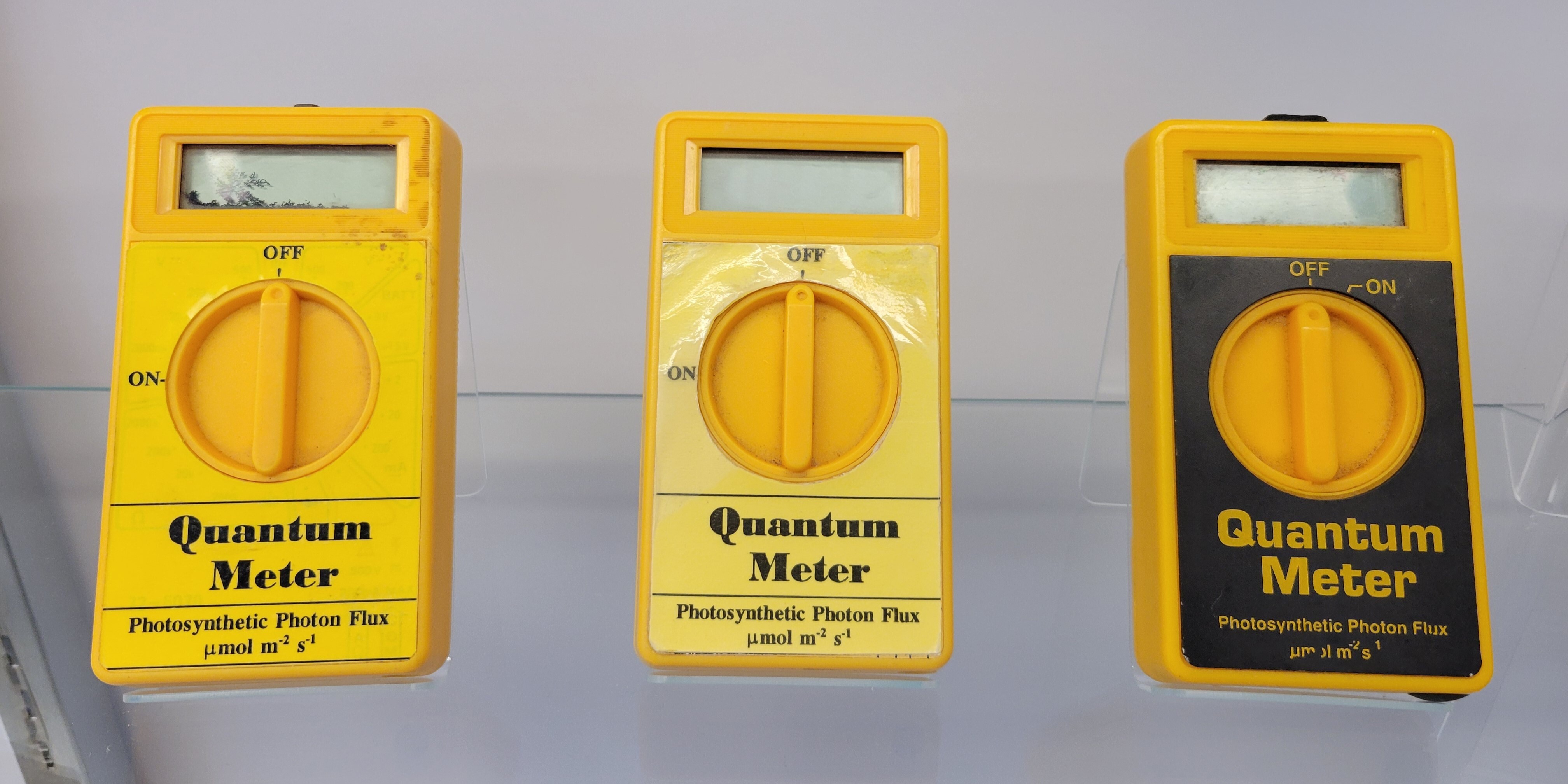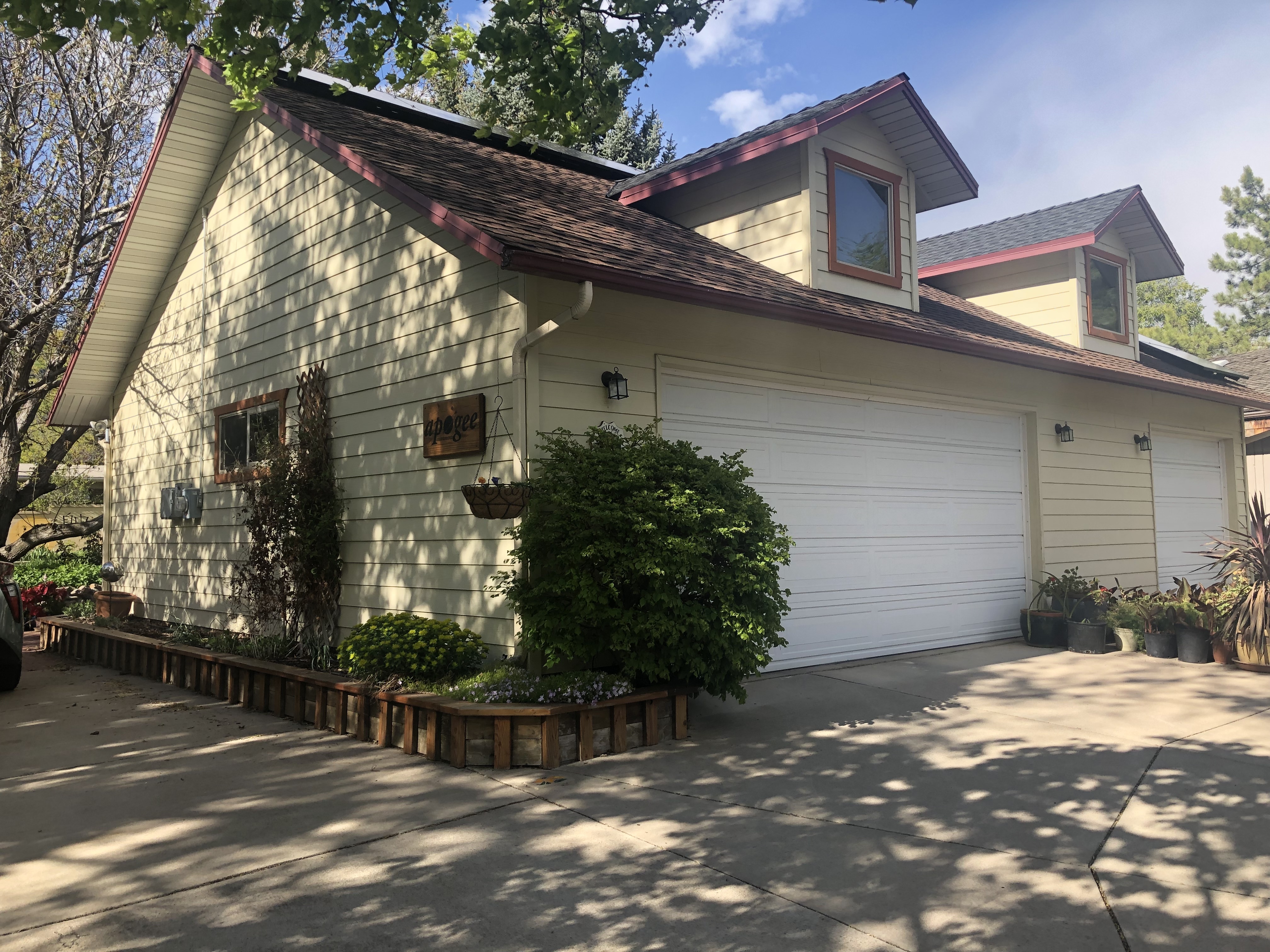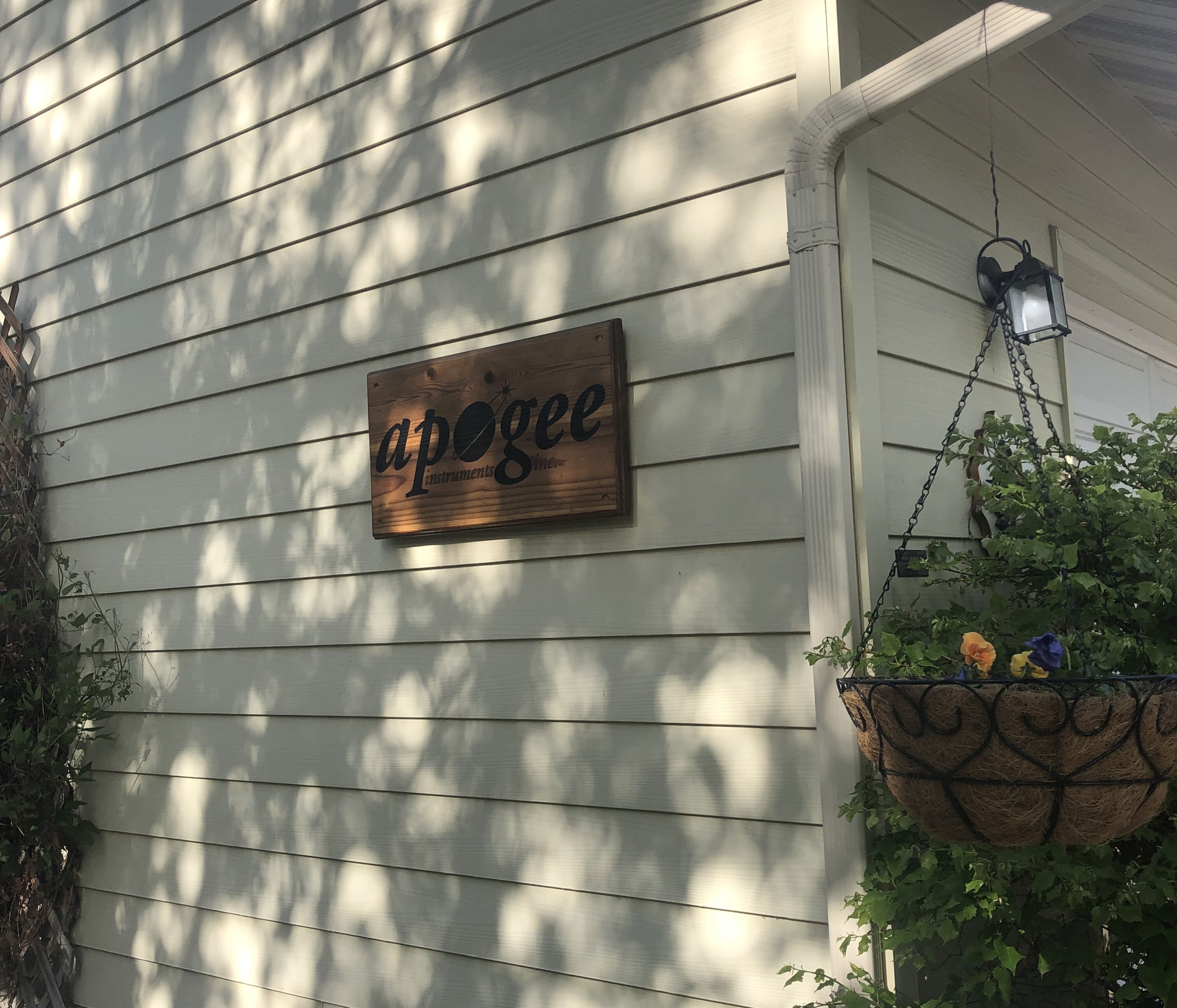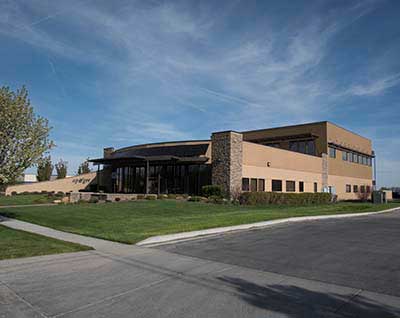Company History
Apogee Instruments was started in 1996 by Dr. Bruce Bugbee in Logan, Utah.
Dr. Bugbee, a professor of crop physiology at Utah State University, found that he needed instruments for his research that didn't exist or were too expensive for his department's budget. As an eager scientist and avid inventor, Dr. Bugbee began creating the instruments he needed at his kitchen table, which was much more affordable.

Some of the original sensors made at Bruce's kitchen table


Bruce's garage, where Apogee was initially headquartered
As other researchers and scientists saw what he was using in his lab, they began asking Dr. Bugbee to make them one, too! Word spread among the academic community and requests for Dr. Bugbee's instruments started coming in from all over the world. Through increased demand and exposure, Dr. Bugbee decided to it was time for Apogee Instruments, Inc. to be born. At the time, Dr. Bugbee was working with NASA on developing a crop that was ideal for growing in space. It was called Apogee Wheat, a dwarf crop that can be grown without soil and doesn’t need much room to grow. This project was the inspiration for the name Apogee Instruments.

Apogee Wheat
 |
The company continued to steadily pick up more business, and eventually, our little crew outgrew Dr. Bugbee’s garage. In 2007, the company expanded to a new 1440 m2 (15,300 ft2) facility. Dr. Bugbee designed this building with the best in mind for his employees and the environment. Read Apogee Cares to learn more about the way this building was designed to improve its environmental footprint! We are proud of and love where we work. The roof displays an Apogee logo that is visible from commercial aircraft flying at 8,000 meters. |
Apogee Instruments has become a respected leader in the manufacture of innovative, durable, and accurate environmental instruments. Our instruments have been trusted for thousands of applications around the globe. We have a passion for research and attention to detail in manufacturing, which has driven us to make cost-effective yet reliable measurement technology.
